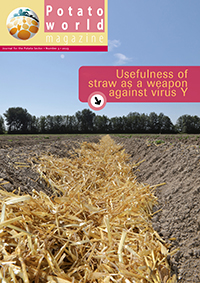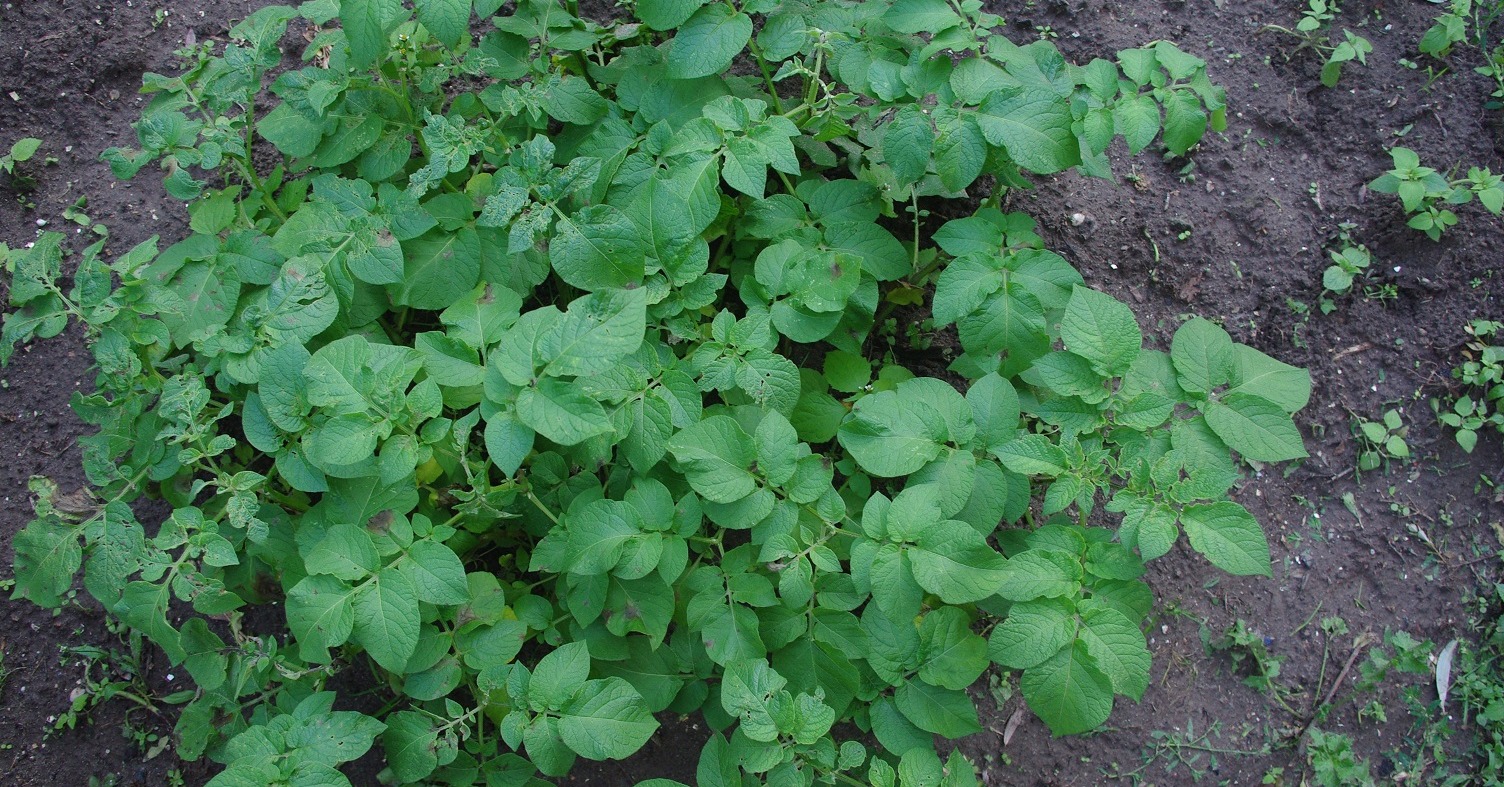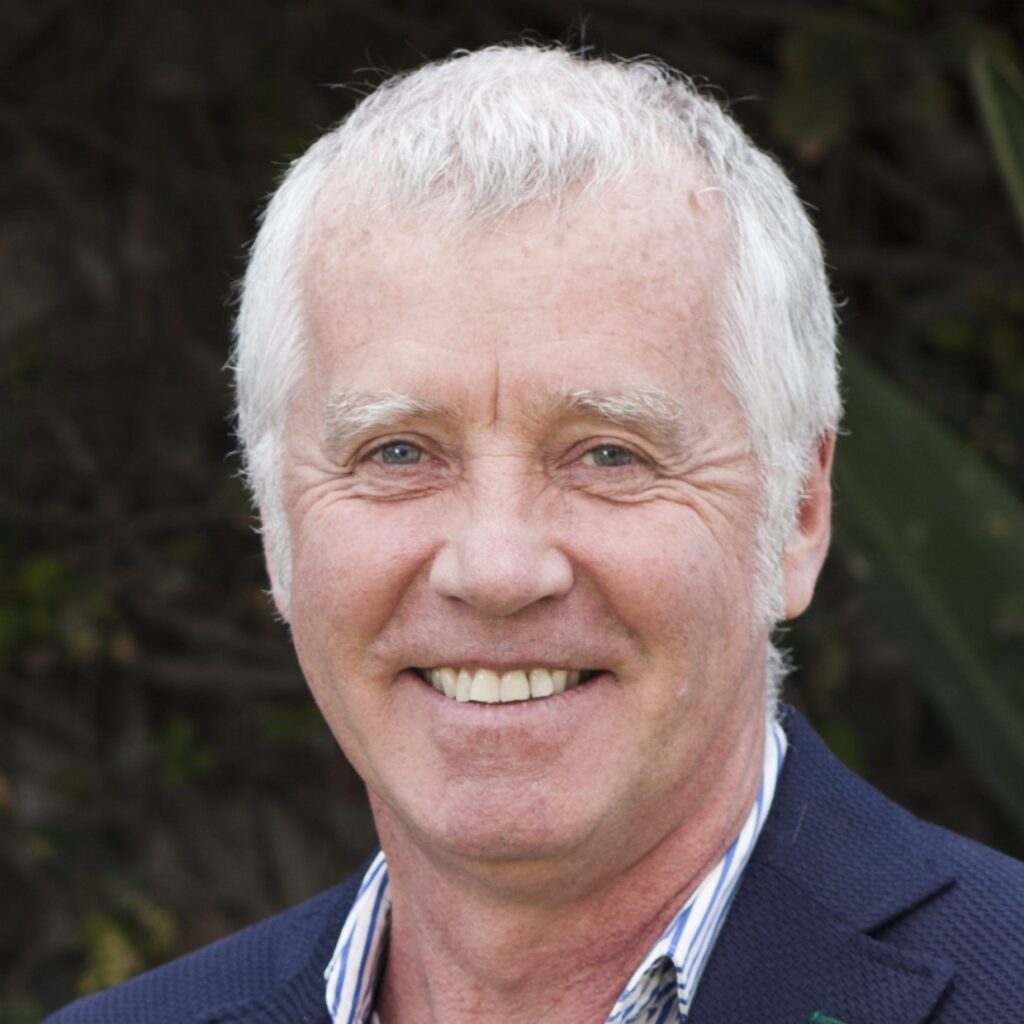Already a subscriber? Activate your premium account

Potatoworld Magazine

On Tuesday March 21, 2023, Dr. Marc Ghislain and Dr. Eric Magembe of the International Potato Center (CIP) will be presenting the World Potato Congress (WPC) webinar on the deployment of late blight resistant biotech potatoes in Africa.
Late blight is a major concern for potato farmers in many countries. According to CIP, late blight costs developing countries an estimated 10 billion US dollar every year and remains the most devastating potato disease with for example about 15-30 percent annual yield loss in sub-Saharan Africa, affecting mainly smallholder farmers. The center believes that mixing biotech methods with ‘the oldest breeding trick in the book’, namely harvesting the wild genes of the potato’s distant ancestors, could make farmer-favorite varieties resistant to late blight.
The speakers at the webinar, Dr. Marc Ghislain and Dr. Eric Magembe, are both working on biotech potatoes. Dr. Ghislain is the deputy director of the Feed The Future Global Biotech Potato Partnership project and currently leads CIP efforts to release a transgenic potato completely resistant to late blight in sub-Saharan African countries. Dr. Eric Magembe is the Global Molecular and Technical Research Lead with the USAID Feed the Future Global Biotech Potato Partnership, and is based at the International Potato Center (CIP) in Nairobi Kenya. He uses new breeding tools, mainly biotechnology, to develop potato varieties resistant or tolerant to diseases including late blight, bacterial wilt and PVY. ‘The late bight resistant biotech potato is at an advanced stage and has been developed by genetic engineering broad-spectrum resistance genes from wild potato relatives into susceptible farmer-preferred varieties’, the WPC announcement of the webinar states. Dr. Magembe believes that biotechnology presents exciting opportunities to alleviate poverty and improve livelihoods for small-holder farmers. He has worked with NARS African partners in Uganda, Kenya, Nigeria, Ethiopia and Rwanda for the development of the biotech potato.


‘In recently conducted trials, popular potato varieties in Africa have been bioengineered by inserting three late blight resistant genes from wild relatives of the potato. The biotech potatoes are completely resistant to this devastating disease in Africa. This has been indeed observed over twenty-two experimental field trials during eight years in three African countries (Uganda, Nigeria and Kenya). Characterization of the insertion genes in to the potato genome, the nutritional and antinutritional components and the agronomic performance of the best transgenic events show promising lines which can be released to African farmers after approval by national competent authorities. This innovation is one of many needed to increase potato production in food-deficient countries, and reduce the amount of chemicals needed to grow potato anywhere in the world’, WPC illustrates the research by the presenters of their webinar.
Update – The webinar by Dr. Marc Ghislain and Dr. Eric Magembe is now available for replay:
Events
©2015 - 2024 Potatoworld | Webdesign and realisation COMMPRO